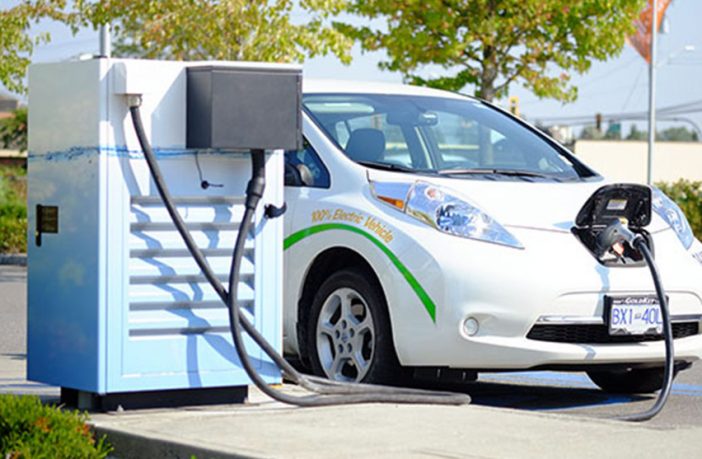- EVs and hybrid EVs are expected to account for an estimated 30% of global vehicle sales by 2025.
- Electric vehicles in South Africa are subject to a 45% import and duties tax.
- The EV charging network is currently limited.
In the past weeks, Eskom and the major players in the electric vehicle (EV) market in South Africa met to discuss how to unlock the EV potential locally – given the massive growth in this sector globally. EVs and hybrid EVs are expected to account for an estimated 30% of global vehicle sales by 2025.
According to Eskom, about 1,000 EVs have been sold in South Africa since 2015 – the pace being much slower than Europe and China.
Some of the factors limiting the growth of this market are:
- Price of EVs due to 45% import taxes and duties on EVs
- Range that you can travel with an EV on one battery charge
- Limited network of charging facilities.
Eskom is actively involved in the EV sector as the primary electricity supplier for vehicle charging.
Eskom’s main objective is to craft special tariffs for EV owners to charge their vehicles at off-peak times, thereby helping to flatten the demand patterns outside peak periods and ensure affordable power for EV owners.
Those concerned about Eskom’s ability to supply the necessary electricity need not worry – even a massive growth in EVs will not have a major impact on the overall demand during any normal day, the power utility assured.
Meanwhile, Eskom says it is making progress in its research on photovoltaic and battery storage options to power EVs in the future.
Stakeholders involved are Eskom, car manufacturers, NGOs such as uYilo, EVRT Africa and GridCars, various major metros such as Cape Town and Johannesburg and government departments such as Trade & Industry, Transport and Environmental Affairs.
The goal is ultimately to come up with a country solution for a wider scale adoption of electric transport.
Author: Babalwa Bungane
This article was originally published on ESI Africa and is republished with permission with minor editorial changes.
















1 Comment
Almost a year later and I would like to know the progress on this?